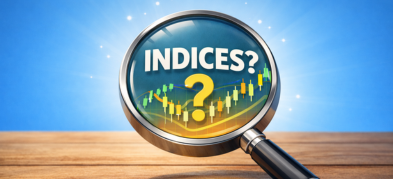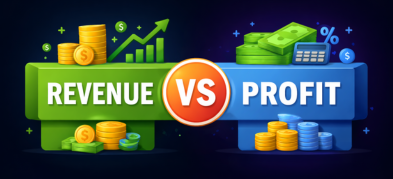
Ultima Markets App
Trade Anytime, Anywhere
Important Information
This website is managed by Ultima Markets’ international entities, and it’s important to emphasise that they are not subject to regulation by the FCA in the UK. Therefore, you must understand that you will not have the FCA’s protection when investing through this website – for example:
- You will not be guaranteed Negative Balance Protection
- You will not be protected by FCA’s leverage restrictions
- You will not have the right to settle disputes via the Financial Ombudsman Service (FOS)
- You will not be protected by Financial Services Compensation Scheme (FSCS)
- Any monies deposited will not be afforded the protection required under the FCA Client Assets Sourcebook. The level of protection for your funds will be determined by the regulations of the relevant local regulator.
Note: Ultima Markets is currently developing a dedicated website for UK clients and expects to onboard UK clients under FCA regulations in 2026.
If you would like to proceed and visit this website, you acknowledge and confirm the following:
- 1.The website is owned by Ultima Markets’ international entities and not by Ultima Markets UK Ltd, which is regulated by the FCA.
- 2.Ultima Markets Limited, or any of the Ultima Markets international entities, are neither based in the UK nor licensed by the FCA.
- 3.You are accessing the website at your own initiative and have not been solicited by Ultima Markets Limited in any way.
- 4.Investing through this website does not grant you the protections provided by the FCA.
- 5.Should you choose to invest through this website or with any of the international Ultima Markets entities, you will be subject to the rules and regulations of the relevant international regulatory authorities, not the FCA.
Ultima Markets wants to make it clear that we are duly licensed and authorised to offer the services and financial derivative products listed on our website. Individuals accessing this website and registering a trading account do so entirely of their own volition and without prior solicitation.
By confirming your decision to proceed with entering the website, you hereby affirm that this decision was solely initiated by you, and no solicitation has been made by any Ultima Markets entity.
I confirm my intention to proceed and enter this website Please direct me to the website operated by Ultima Markets , regulated by the FCA in the United KingdomAs we enter 2025, the stock market stands at a critical juncture. After a year of heightened volatility, market conditions are shaped by several key factors. In 2024, the stock market saw significant fluctuations, with interest rate hikes, inflationary concerns, and geopolitical tensions weighing on investor sentiment. The U.S. stock market showed resilience in some sectors, particularly technology and energy, while consumer goods and real estate sectors struggled under the pressure of higher borrowing costs.
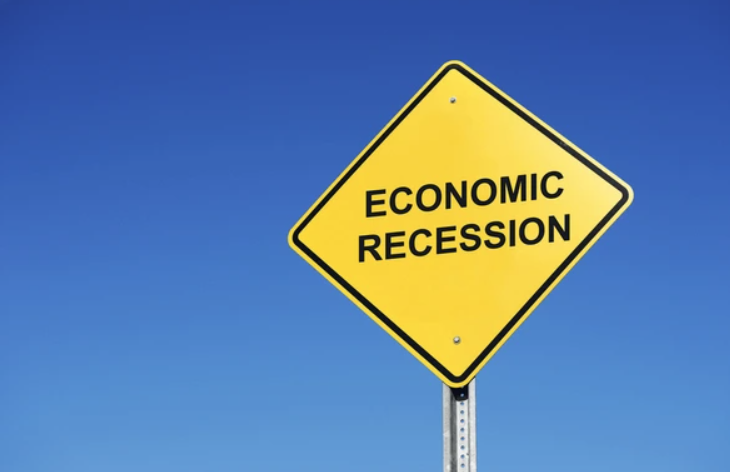
Will the Stock Market Grow or Enter a Recession?
As we look toward the next 6 months, the big question remains “will the stock market experience sustained growth or tip into a recession?”. While some experts forecast a continued economic slowdown, particularly in developed economies, others see growth opportunities driven by innovation in sectors like artificial intelligence, clean energy, and biotech.
Current Market Landscape: Growth or Contraction?
Inflation continues to be a dominant concern globally. Despite slight easing in some regions, central banks, particularly the Federal Reserve, are expected to keep interest rates elevated throughout the year. This move is aimed at containing inflation but may suppress consumer spending and dampen economic growth, potentially pushing the market into a correction phase. Additionally, geopolitical risks such as the ongoing US-China trade tensions and European economic instability could cause volatility, adding uncertainty to the global market.
In summary, while a recession is a real possibility, especially if inflation continues to impact consumer spending and business investment, there’s still potential for growth, particularly in innovation-driven sectors. The next 6 months will depend heavily on how inflation and interest rates evolve, as well as how global geopolitical risks play out.
While growth is still expected in certain sectors especially technology, healthcare, and renewable energy, the general market may experience volatility. Investor caution remains high, especially as economic data points toward a slower recovery and ongoing uncertainty about inflation and interest rate adjustments.
Stock Market Forecast Next 6 Months From Analysts
Experts predict that the stock market in the next 6 months will remain volatile but full of opportunities for investors who can navigate the risks. While recession fears loom large, economic growth sectors like technology, renewable energy, and healthcare are expected to continue their upward trajectory. Geopolitical risks, interest rates, and corporate earnings will play pivotal roles in shaping the market outlook. Investors should stay agile, diversify their portfolios, and remain focused on long-term growth.
Here’s what experts are saying about the stock market forecast for 2025.
The Impact of Interest Rate Hikes and Inflation
Experts agree that the Federal Reserve’s monetary policy will be one of the most important drivers of the stock market in the coming months. Interest rate hikes aimed at combating inflation have created headwinds for the stock market, particularly for growth stocks and consumer-focused sectors. Higher borrowing costs tend to slow down consumer spending and business investment, making high-growth stocks especially in technology and real estate vulnerable.
Inflation remains a concern for 2025, though it has started to slow from its previous highs. The U.S. Consumer Price Index (CPI) showed signs of cooling down, but inflation is still above the Federal Reserve’s target of 2%. If inflation continues to moderate, we could see interest rates plateau or even be cut, which would provide a potential boost to the stock market.
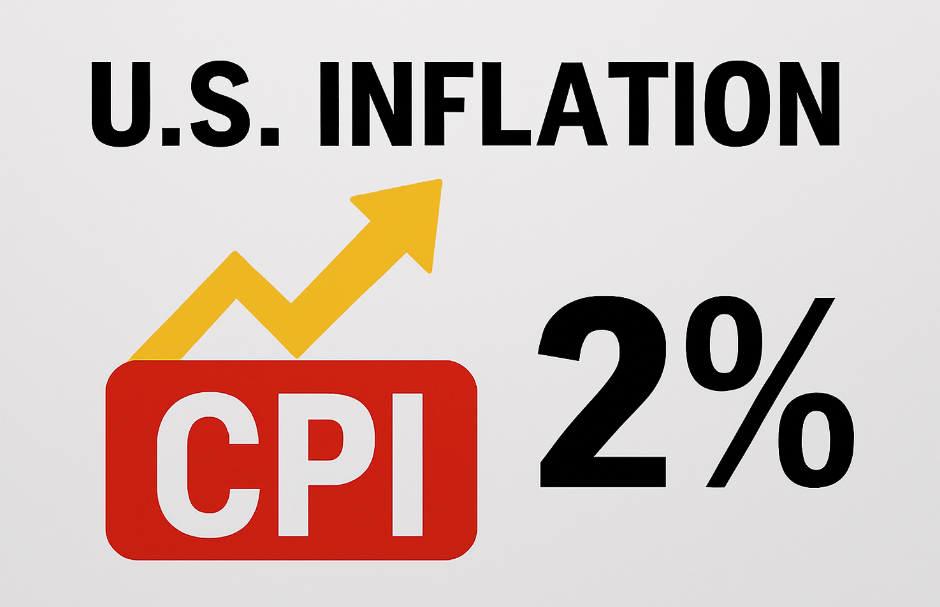
Geopolitical Risks
Geopolitical tensions, particularly between the U.S. and China, will likely continue to be a source of uncertainty. While trade negotiations have taken place, experts warn that the global economy is vulnerable to political instability. Ongoing trade wars, rising tensions in Eastern Europe, and issues surrounding energy supplies could impact global markets, driving up volatility.
The situation with Russia’s invasion of Ukraine is also a factor that could continue to affect energy markets, supply chains, and overall investor sentiment. Geopolitical risks could potentially trigger large-scale sell-offs in sensitive sectors, especially energy, commodities, and industrials.
Corporate Earnings
Corporate earnings for Q1 and Q2 2025 will be a key indicator for the overall market’s direction. While analysts expect earnings to grow, the pace of that growth may slow due to the impact of inflationary pressures and higher operational costs.
Tech stocks, particularly big players like Apple, Microsoft, and Amazon, are expected to continue posting solid earnings, fueled by demand for cloud computing, AI, and cybersecurity. However, rising labor costs and supply chain disruptions could dampen profit margins, especially for companies in more traditional sectors.
Sectors such as energy, renewable energy, and healthcare are predicted to perform well. Renewable energy stocks could see strong momentum due to continued government incentives and a global push for sustainability.
Economic Slowdown and Recession Fears
While recession risks remain a prominent concern, experts predict that a soft landing is more likely than a sharp downturn. Some analysts believe that the economy could experience a slowdown rather than a full-blown recession, with growth moderating rather than completely stalling.
A recent IMF forecast predicted global economic growth would slow but still remain positive. However, the U.S. and European economies are expected to experience growth at a much slower pace. In the face of these economic challenges, defensive sectors such as consumer staples, utilities, and healthcare could outperform more cyclical sectors like consumer discretionary and financials.
The Tech Sector
Despite broader market volatility, technology stocks remain a key area of focus for many investors. Experts predict that AI-driven growth and the continued expansion of the cloud computing and cybersecurity markets will propel tech stocks even in the face of economic uncertainty.
Artificial Intelligence is expected to be one of the main drivers for the tech sector in 2025, with AI-powered platforms continuing to revolutionize industries from healthcare to finance. Companies investing in AI, machine learning, and automation are expected to experience above-market growth, making the tech sector a strong contender for investment, despite short-term interest rate concerns.
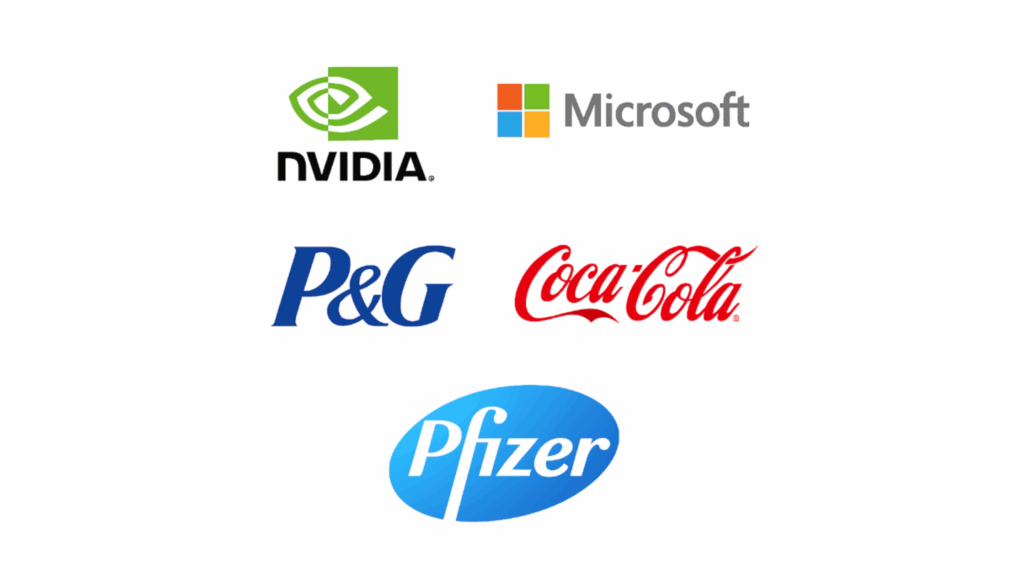
Top Sectors to Invest in for the Next 6 Months
As we look to the next 6 months, certain sectors are set to outperform based on economic trends, technological advancements, and geopolitical factors. Here are the top sectors to consider:
- Technology: Driven by AI, cloud computing, and cybersecurity, the tech sector remains a strong investment. Companies like NVIDIA, Microsoft, and Amazon are well-positioned for growth.
- Healthcare: With ongoing innovation in biotech and healthtech, this sector offers stable, long-term growth. Biotech leaders like Moderna and Pfizer continue to benefit from strong demand.
- Renewable Energy: The global push for sustainability makes the renewable energy sector a top pick. Companies in solar and wind power, like NextEra Energy, are set to see continued growth.
- Consumer Staples: Defensive in nature, this sector provides stability. Essential goods companies like Procter & Gamble and Coca-Cola tend to perform well in uncertain times.
- Financials: With interest rate hikes, banks and insurance companies like JPMorgan Chase and Allianz are positioned to benefit from a higher rate environment.
Focusing on tech, healthcare, renewable energy, consumer staples, and financials can offer a balanced mix of growth and stability in the next 6 months.
Key Economic Indicators to Watch in the Next 6 Months
Monitoring these key economic indicators like inflation rates, interest rates, unemployment, GDP growth, consumer confidence, and corporate earnings will provide critical insight into the economic landscape over the next 6 months. Understanding these trends will help investors make informed decisions and anticipate market shifts.
Inflation Rates (CPI and PCE)
Inflation impacts consumer purchasing power, interest rates, and corporate earnings. The Consumer Price Index (CPI) and Personal Consumption Expenditures (PCE) are key measures of inflation. Higher inflation could lead to further interest rate hikes by the Federal Reserve, affecting market sentiment.
Interest Rates (Fed’s Decisions)
Interest rates set by the Federal Reserve will significantly influence the cost of borrowing, investment decisions, and consumer spending. If the Fed maintains or raises rates, sectors sensitive to interest rates like housing and technology could face headwinds.
Unemployment Rate
The unemployment rate provides insight into the health of the labor market. A low unemployment rate signals economic strength, while a rising rate suggests economic challenges. Higher unemployment can lead to reduced consumer spending, impacting corporate earnings.
GDP Growth
Gross Domestic Product (GDP) measures the overall health of the economy. A growing GDP suggests economic expansion, while a contraction could signal a recession. Keeping an eye on GDP growth will help investors gauge the potential for sustained market growth or an economic slowdown.
Consumer Confidence Index
Consumer confidence is a key indicator of future consumer spending. High confidence typically leads to higher consumer spending, boosting economic growth, while lower confidence can signal a pullback in consumer activity, negatively affecting retail and service sectors.
Corporate Earnings Reports
Earnings season provides insight into how businesses are performing amid changing economic conditions. Strong earnings reports can boost stock prices, while weaker-than-expected results can trigger sell-offs. Focus on earnings from tech, consumer goods, and financials to understand sector health.
Conclusion
As we navigate through the next 6 months, keeping a close eye on key economic indicators such as inflation rates, interest rates, unemployment, GDP growth, consumer confidence, and corporate earnings will be crucial for understanding market trends and making informed investment decisions.
At Ultima Markets, we are committed to providing our clients with the latest insights and tools to stay ahead in a dynamic market. Whether you’re tracking economic data or navigating the complexities of market volatility, Ultima Markets offers a reliable platform to help you manage risk, seize opportunities, and trade with confidence. Stay informed with Ultima Markets and make the most of the market shifts in the coming months.
Disclaimer: This content is provided for informational purposes only and does not constitute, and should not be construed as, financial, investment, or other professional advice. No statement or opinion contained here in should be considered a recommendation by Ultima Markets or the author regarding any specific investment product, strategy, or transaction. Readers are advised not to rely solely on this material when making investment decisions and should seek independent advice where appropriate.



